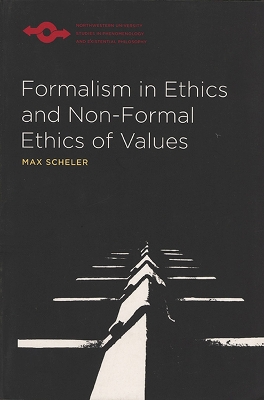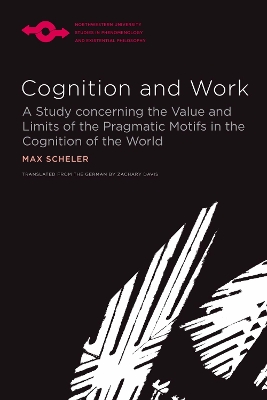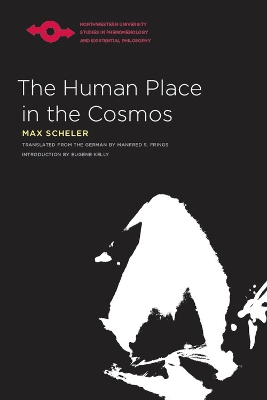Studies in Phenomenology and Existential Philosophy
3 total works
A lengthy critique of Kant's apriorism precedes discussions on the ethical principles of eudaemonism, utilitarianism, pragmatism, and positivism.
Max Scheler's Cognition and Work (Erkenntnis und Arbeit) first appeared in German in 1926, just two years before his death. The first part of the book offers one of the earliest critical analyses of American pragmatism, an analysis that would come to have a significant impact on the reception of pragmatism in Germany and western Europe. The second part of the work contains Scheler's phenomenological account of perception and the experience of reality, an account that is as original as both Husserl's and Merleau-Ponty's phenomenologies of perception. Scheler aims to show that the modern mechanistic view of nature fails to account for the dynamic relation that not only the human being but all living beings have to the environment they inhabit.
Available in English translation for the first time, Cognition and Work pushes the boundaries of phenomenology as it is traditionally understood and offers insight into Scheler's distinct metaphysics. This book is essential reading for those interested in phenomenology, pragmatism, perception, and living beings in their relation to the natural world.
Available in English translation for the first time, Cognition and Work pushes the boundaries of phenomenology as it is traditionally understood and offers insight into Scheler's distinct metaphysics. This book is essential reading for those interested in phenomenology, pragmatism, perception, and living beings in their relation to the natural world.
Upon Scheler's death in 1928, Martin Heidegger remarked that he was the most important force in philosophy at the time. Jose Ortegay Gasset called Scheler 'the first man of the philosophical paradise.' ""The Human Place in the Cosmos"", the last of his works Scheler completed, is a pivotal piece in the development of his writing as a whole, marking a peculiar shift in his approach and thought. He had been asked to provide an initial sketch of his much larger works on philosophical anthropology and metaphysics - works he was not able to complete because of his early demise.Frings' new translation of this key work allows us to read and understand Scheler's thought within current philosophical debates and interests. The book addresses two main questions: What is the human being? And what is the place of the human being in the universe? Scheler responds to these questions within contexts of his projected larger works but not without reference to scientific research. He covers various levels of being: inorganic reality, organic reality (including plant life and psychological life), all the way up to practical intelligence and the spiritual dimension of human beings, and touching upon the holy.Negotiating two intertwined levels of being, life-energy ('impulsion') and 'spirit', this work marks not only a critical moment in the development of his own philosophy but also a significant contribution to the current discussions of continental and analytic philosophers on the nature of the person.


